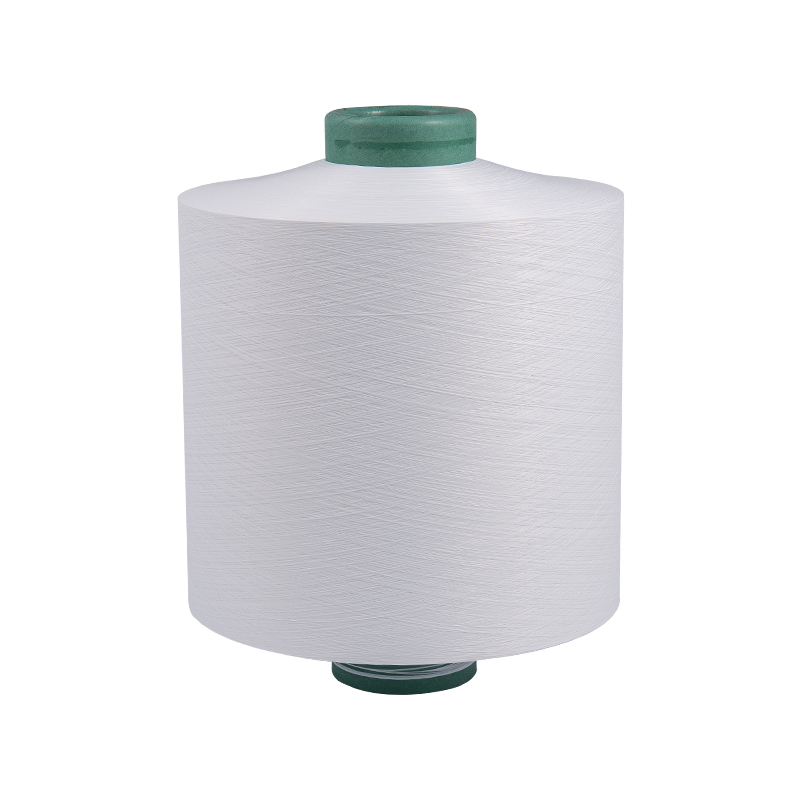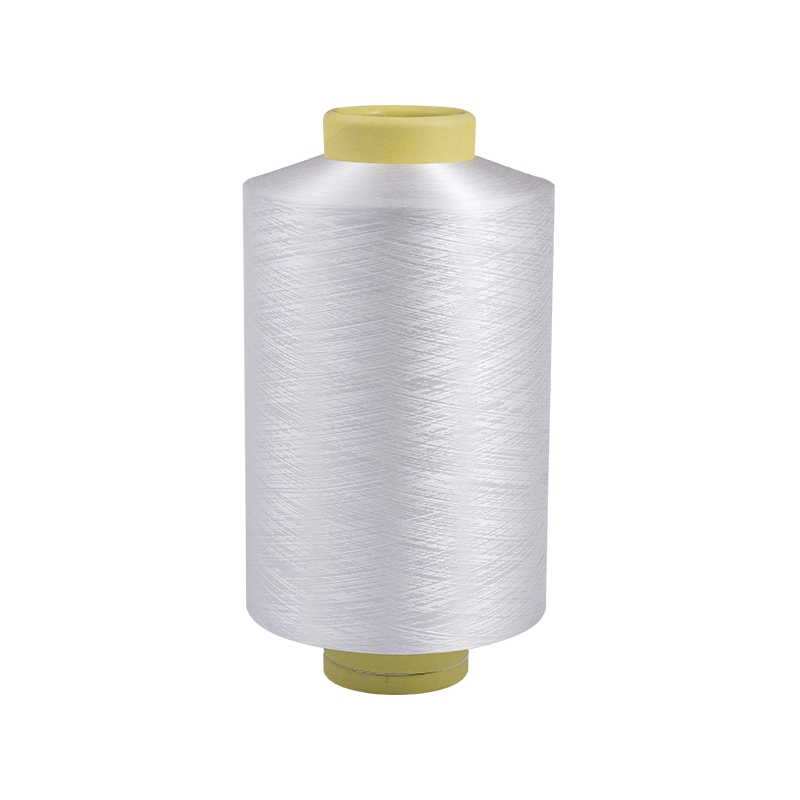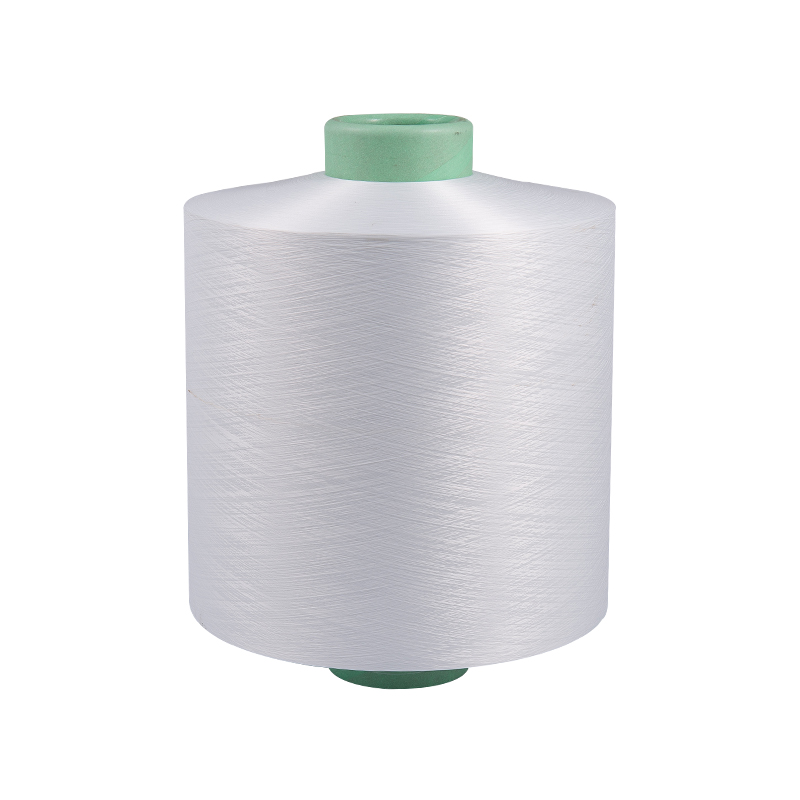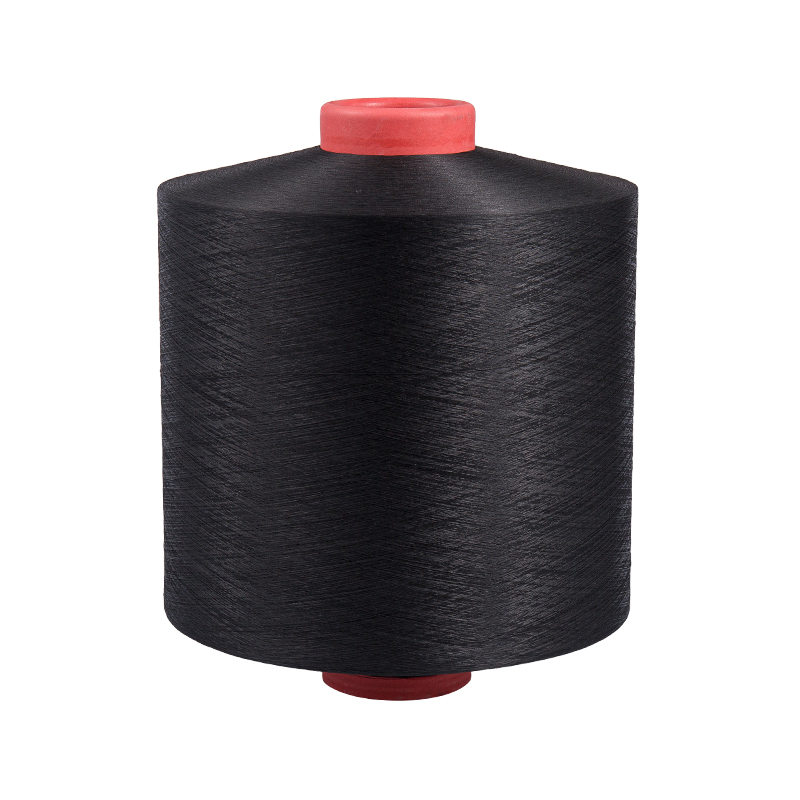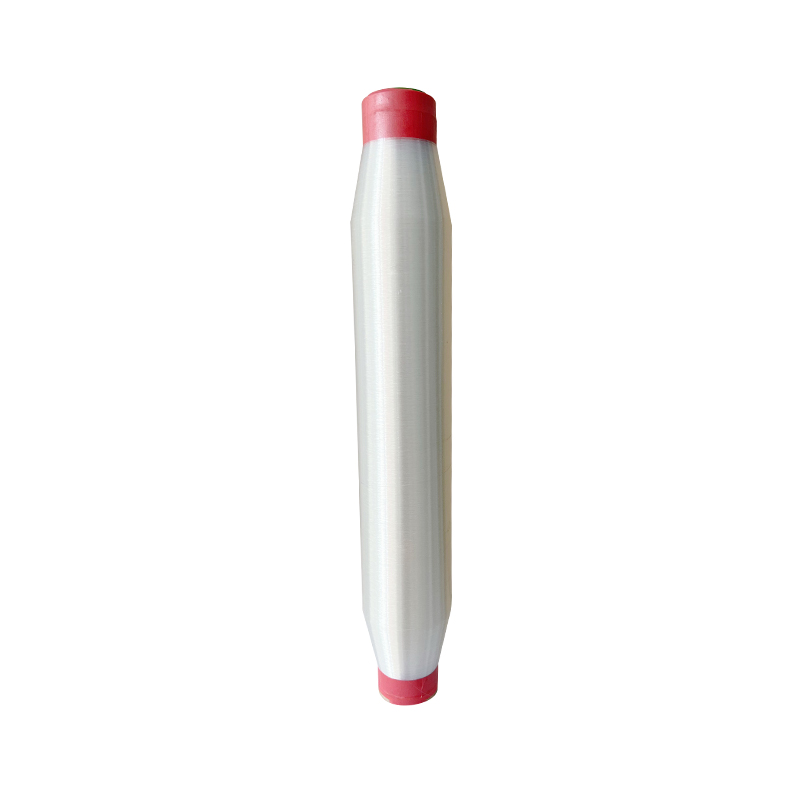What Are the Main Properties of Polyester Crochet Yarn Compared to Natural Fibers Like Cotton or Wool?
2025-10-11
Crochet yarn selection is crucial for the success of any project, whether for fashion, home décor, or industrial applications. Among the many options available, polyester crochet yarn has become increasingly popular due to its durability, versatility, and unique material properties. When compared to natural fibers like cotton or wool, polyester offers several distinctive characteristics that make it suitable for a wide range of applications.
Content
- 1 1. Strength and Durability
- 2 2. Elasticity and Shape Retention
- 3 3. Moisture Resistance and Drying Speed
- 4 4. Color Retention and Dye Affinity
- 5 5. Resistance to Pilling, Fraying, and Abrasion
- 6 6. Temperature Resistance and Care
- 7 7. Texture and Feel
- 8 8. Environmental and Sustainability Considerations
- 9 9. Conclusion
1. Strength and Durability
One of the most notable advantages of polyester crochet yarn is its exceptional strength and durability. Polyester fibers are synthetically engineered, providing high tensile strength that resists stretching, breaking, and deformation.
- Compared to Cotton: Cotton fibers are softer and breathable but tend to weaken when wet and may break under high stress.
- Compared to Wool: Wool offers elasticity and warmth but can be prone to pilling, abrasion, and gradual weakening over time.
Polyester’s durability makes it ideal for projects that require long-lasting performance, such as bags, home textiles, and outdoor items, where cotton or wool might wear out faster.
2. Elasticity and Shape Retention
Polyester yarn has excellent elastic recovery, meaning it returns to its original shape after stretching. This property helps crochet items maintain their form over time, reducing sagging or distortion.
- Cotton: Natural cotton yarn has minimal elasticity, so crochet items can stretch and lose shape over repeated use.
- Wool: Wool provides natural stretch, but it can relax or felt if exposed to heat, moisture, or friction.
Polyester’s shape retention ensures that both decorative and functional crochet projects remain neat and consistent in appearance, even under frequent handling or washing.
3. Moisture Resistance and Drying Speed
Polyester is naturally hydrophobic, meaning it resists absorbing moisture. This property has several benefits:
- Quick drying after washing or exposure to humidity.
- Resistance to mildew and mold growth, which is important for outdoor or damp environments.
- Maintenance of color and texture, as polyester does not swell or shrink like cotton or wool.
By contrast:
- Cotton: Absorbs water easily, which can cause shrinkage and longer drying times.
- Wool: Absorbs moisture while retaining warmth but is susceptible to shrinkage, felting, and stretching when wet.
Polyester’s moisture resistance makes it ideal for items that need to withstand frequent washing or humid conditions, such as kitchen textiles, bath accessories, or outdoor decor.
4. Color Retention and Dye Affinity
Polyester crochet yarn has excellent colorfastness, meaning it maintains vibrant hues even after multiple washes or exposure to sunlight.
- Compared to Cotton: Cotton yarn can fade over time, especially with repeated washing and sunlight exposure.
- Compared to Wool: Wool can retain rich colors initially, but some natural dyes may fade, and sunlight can cause yellowing or dulling over time.
Additionally, polyester can be manufactured in a wide variety of vivid, consistent colors and specialty effects, such as metallic or variegated strands, giving designers and crafters more creative flexibility.
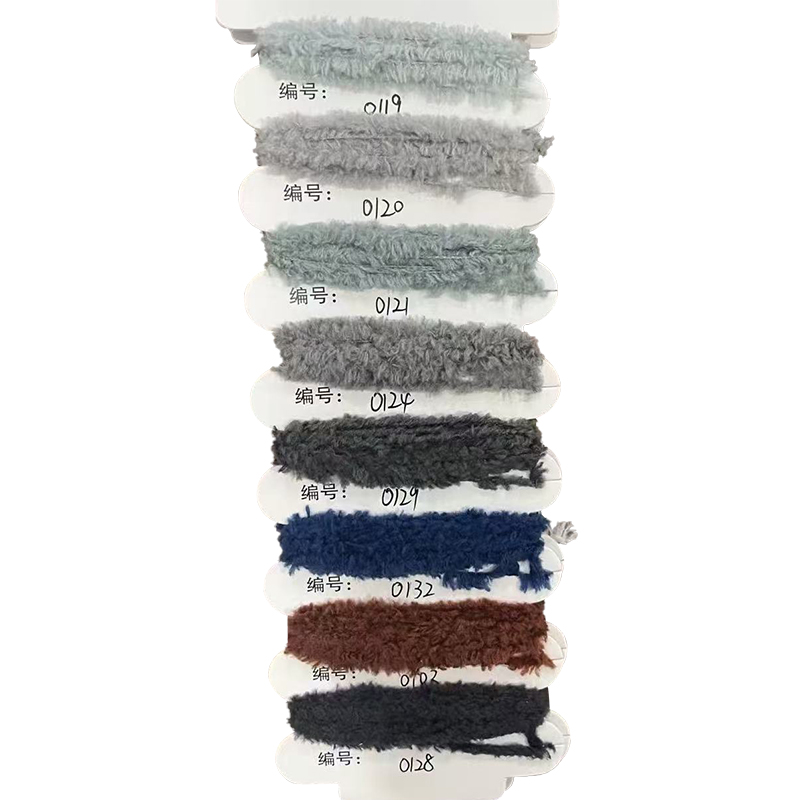
5. Resistance to Pilling, Fraying, and Abrasion
Due to its synthetic composition, polyester yarn exhibits high resistance to pilling, fraying, and abrasion. This makes it suitable for items subjected to frequent handling or friction, including rugs, handbags, and wearable accessories.
- Cotton: Can pill or fray with prolonged use, particularly when exposed to friction or rough surfaces.
- Wool: Susceptible to pilling and can wear unevenly if rubbed frequently, though felting can improve density.
Polyester’s robust surface ensures that crochet projects maintain a smooth, neat finish over time, reducing the need for frequent repairs or replacement.
6. Temperature Resistance and Care
Polyester yarn is resistant to heat and shrinking, making it easy to care for compared to natural fibers:
- Machine washable and often suitable for tumble drying at low temperatures.
- Maintains size and shape even after repeated laundering.
- Can resist mild ironing if necessary, unlike wool, which requires careful handling to avoid felting.
Cotton and wool, in contrast, require more delicate care: cotton can shrink and wrinkle, while wool may felt or lose elasticity if exposed to heat or agitation.
7. Texture and Feel
While polyester offers many functional advantages, its texture differs from natural fibers:
- Polyester: Smooth, slightly slick, and consistent in thickness; less breathable than cotton or wool, and may feel less soft against the skin in certain applications.
- Cotton: Soft, breathable, and comfortable, ideal for garments and items in direct contact with the skin.
- Wool: Warm, elastic, and slightly coarse, depending on the breed of sheep; excellent for winter garments and cozy accessories.
Despite this, polyester can be engineered to mimic natural textures, offering options like fuzzy, plush, or blended finishes for comfort and aesthetic appeal.
8. Environmental and Sustainability Considerations
Polyester is a synthetic fiber derived from petroleum-based resources. While it offers durability and long lifespan, its production is energy-intensive. However, recycled polyester yarns are becoming more widely available, offering an eco-friendlier alternative to virgin polyester while retaining performance benefits.
Cotton and wool are natural and biodegradable but require significant water, land, or animal resources, which also has environmental implications. Choosing the right fiber depends on the balance between durability, performance, and sustainability.
9. Conclusion
In summary, polyester crochet yarn offers several advantages over natural fibers like cotton or wool:
- High strength and durability for long-lasting projects.
- Excellent elasticity and shape retention.
- Moisture resistance and quick drying.
- Vibrant color retention and dye versatility.
- Resistance to pilling, fraying, and abrasion.
- Easy care with heat and shrinkage resistance.
However, polyester’s texture may feel less soft than cotton or wool, and it is derived from synthetic sources, which may be a consideration for environmentally conscious users.
By understanding these properties, crafters and manufacturers can select the most suitable yarn for their specific crochet projects, balancing functionality, appearance, and durability.




 English
English 中文简体
中文简体 Español
Español عربى
عربى

